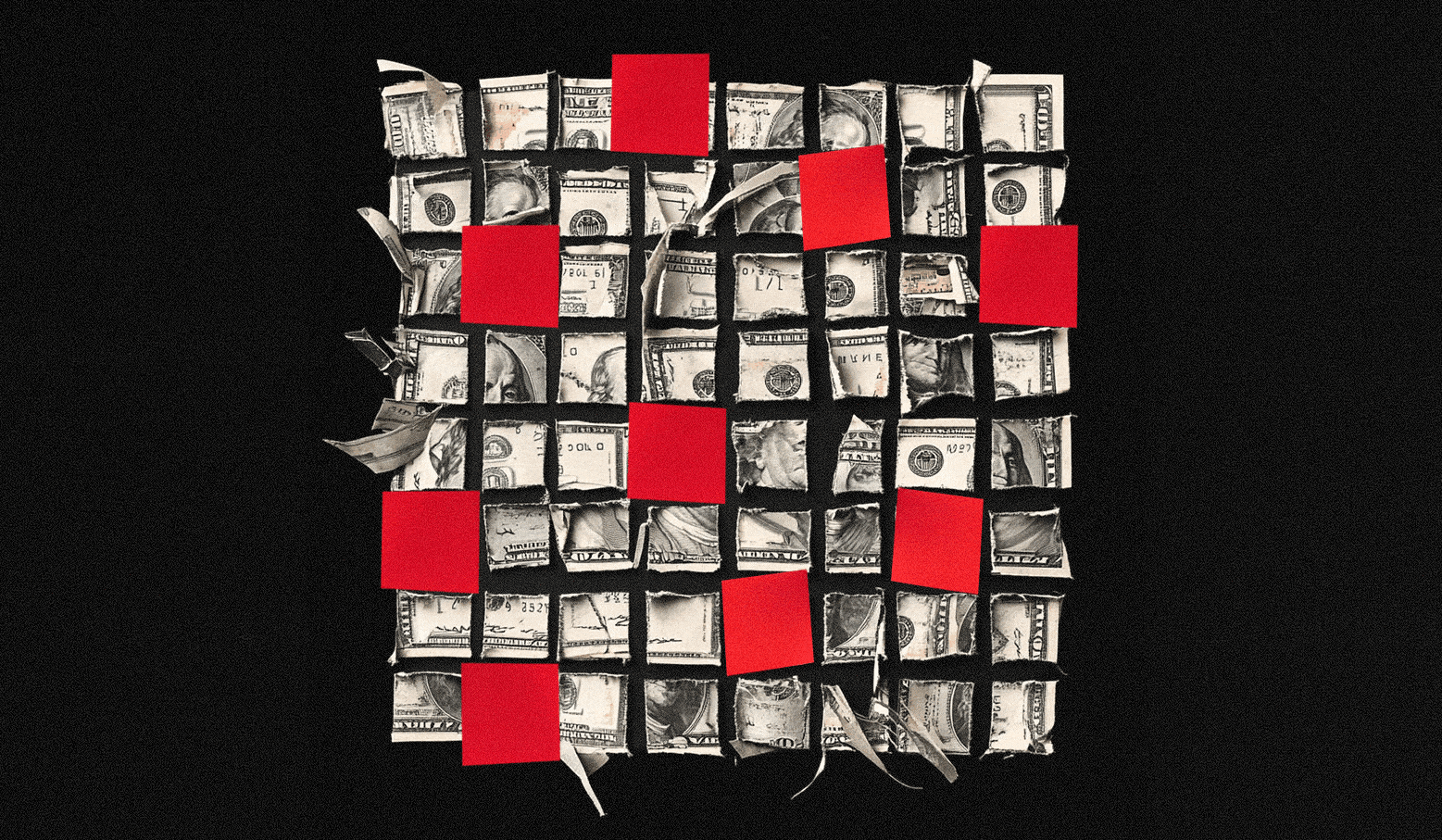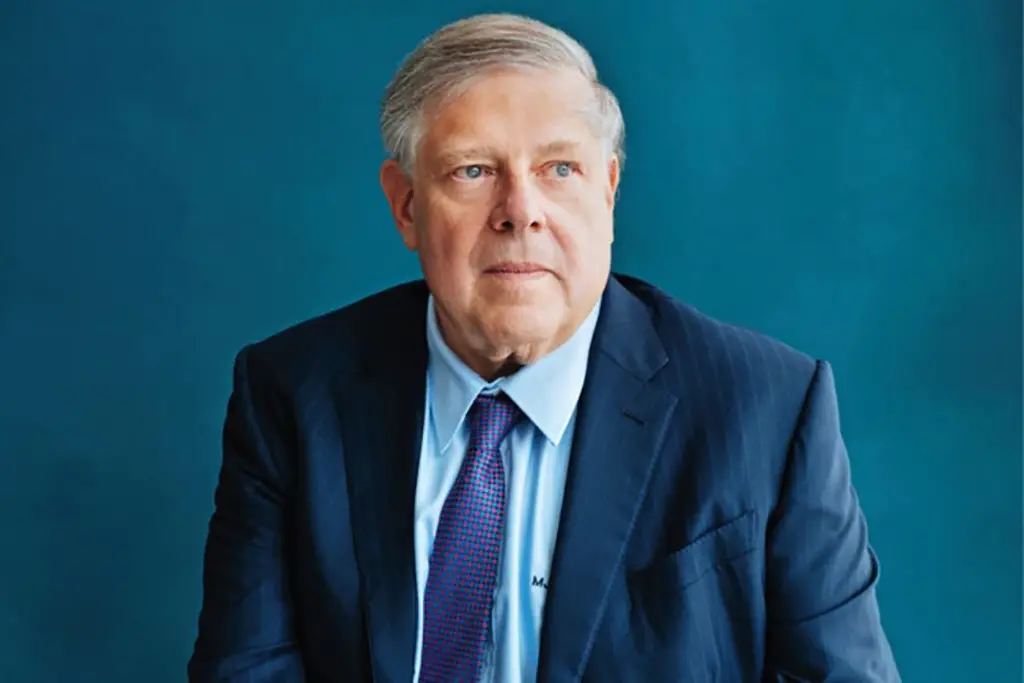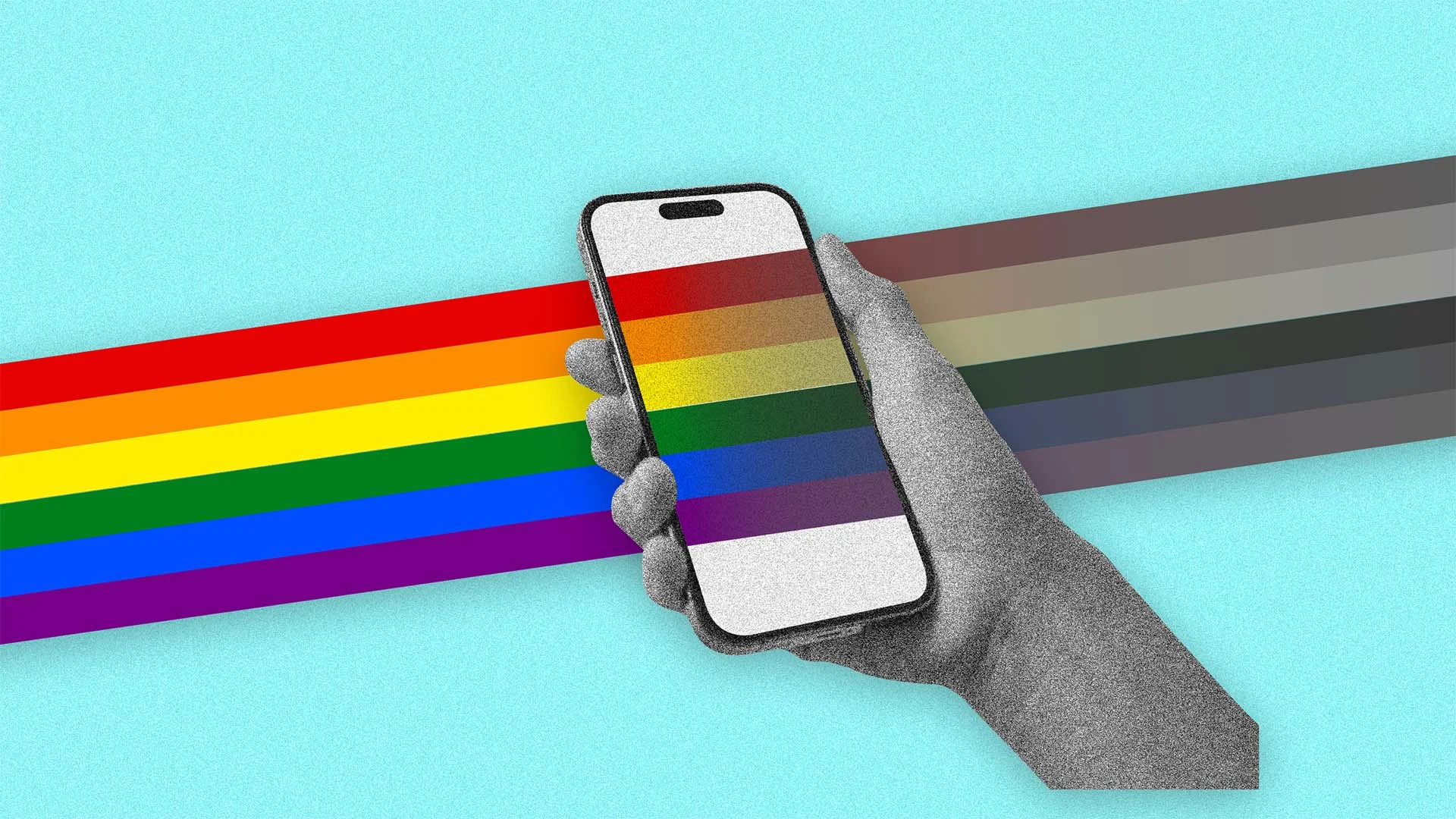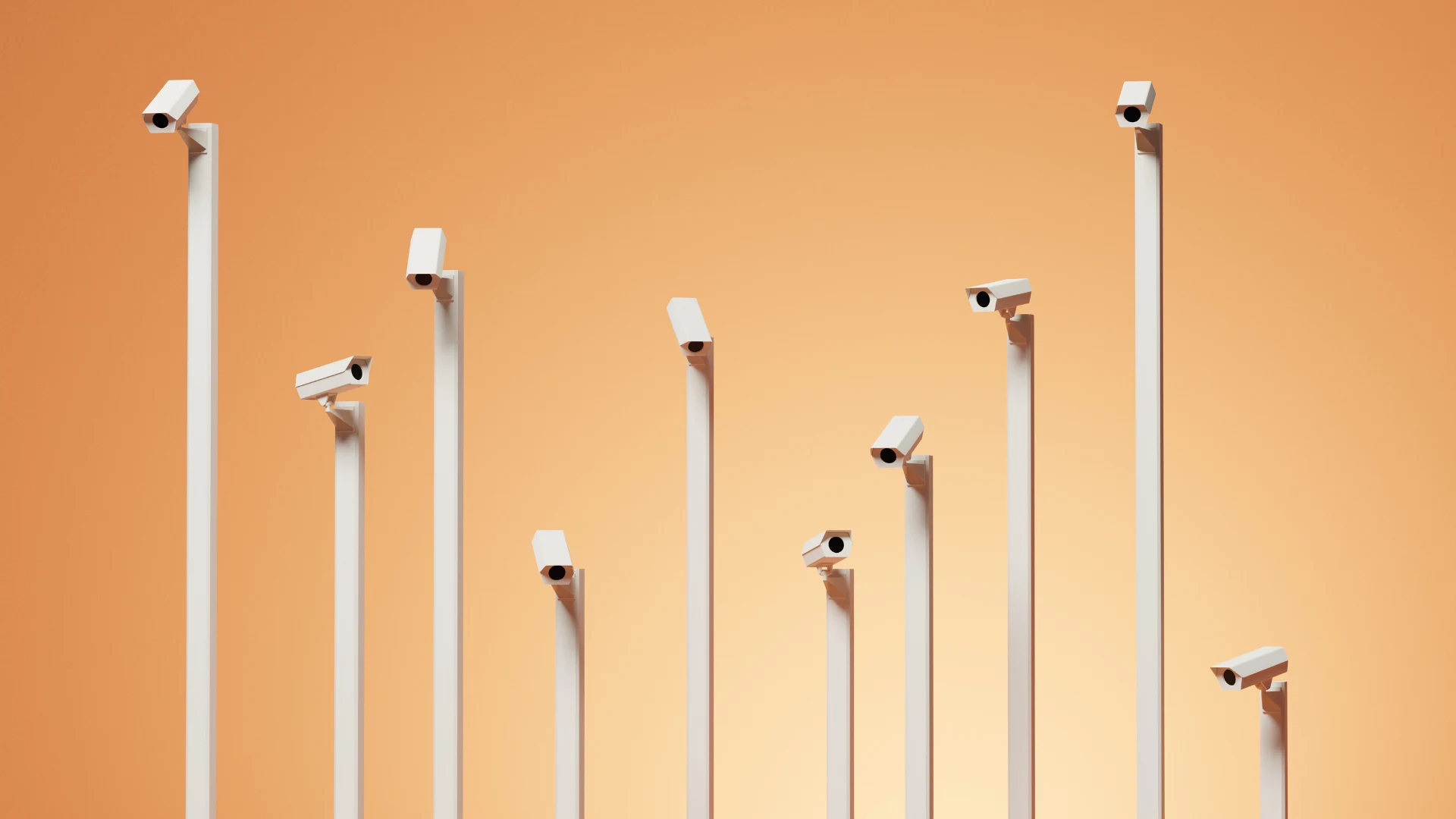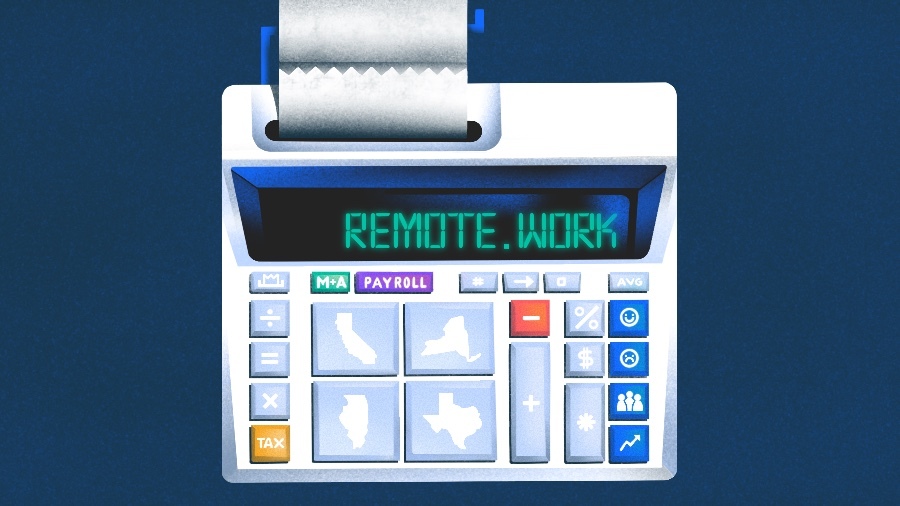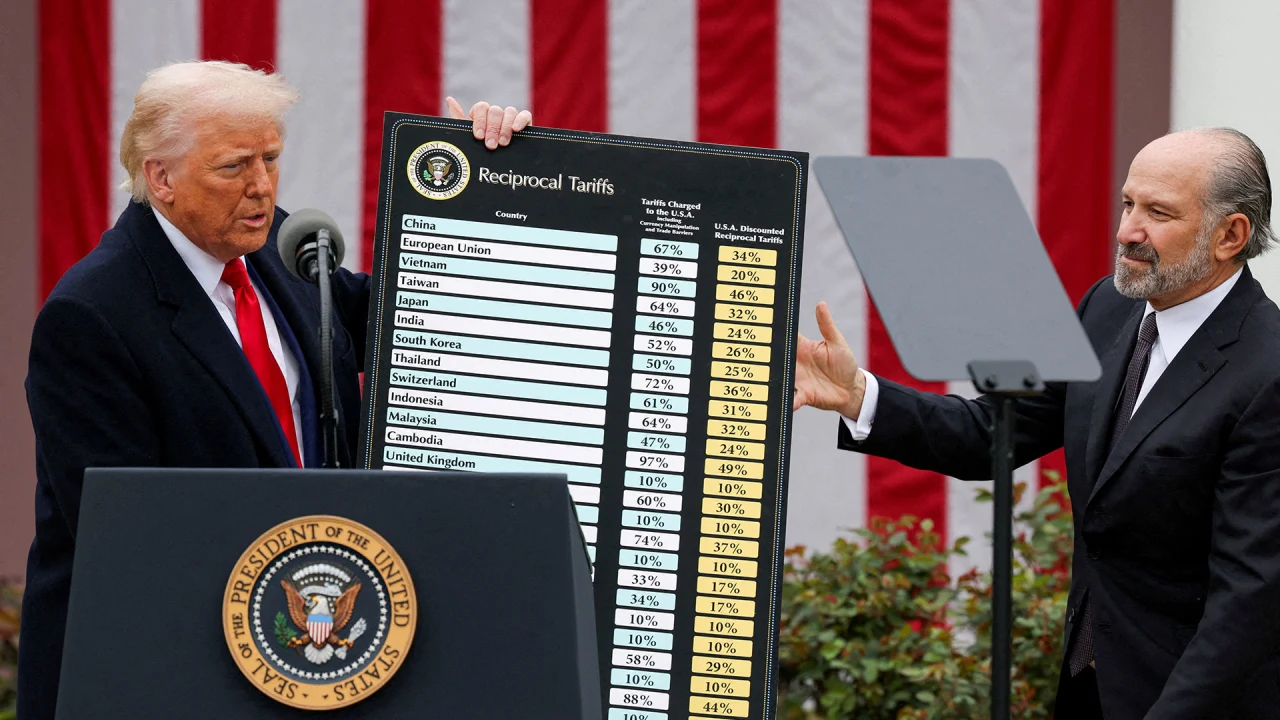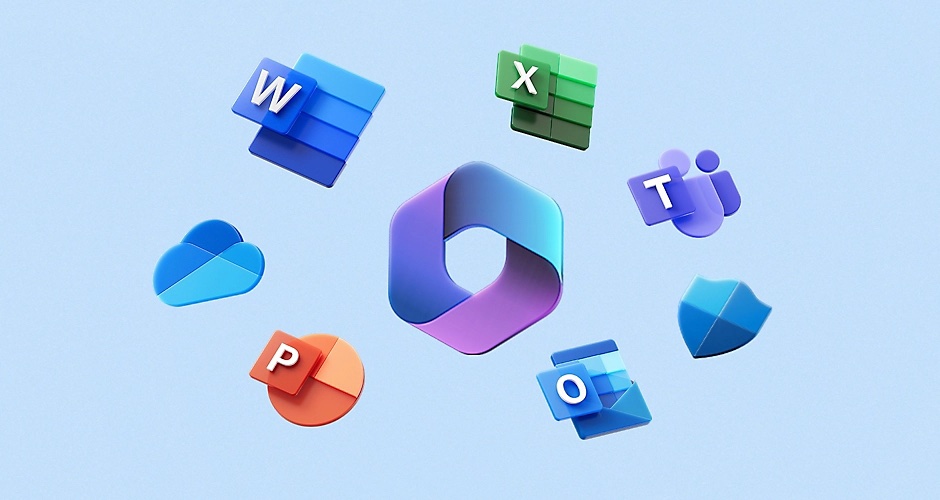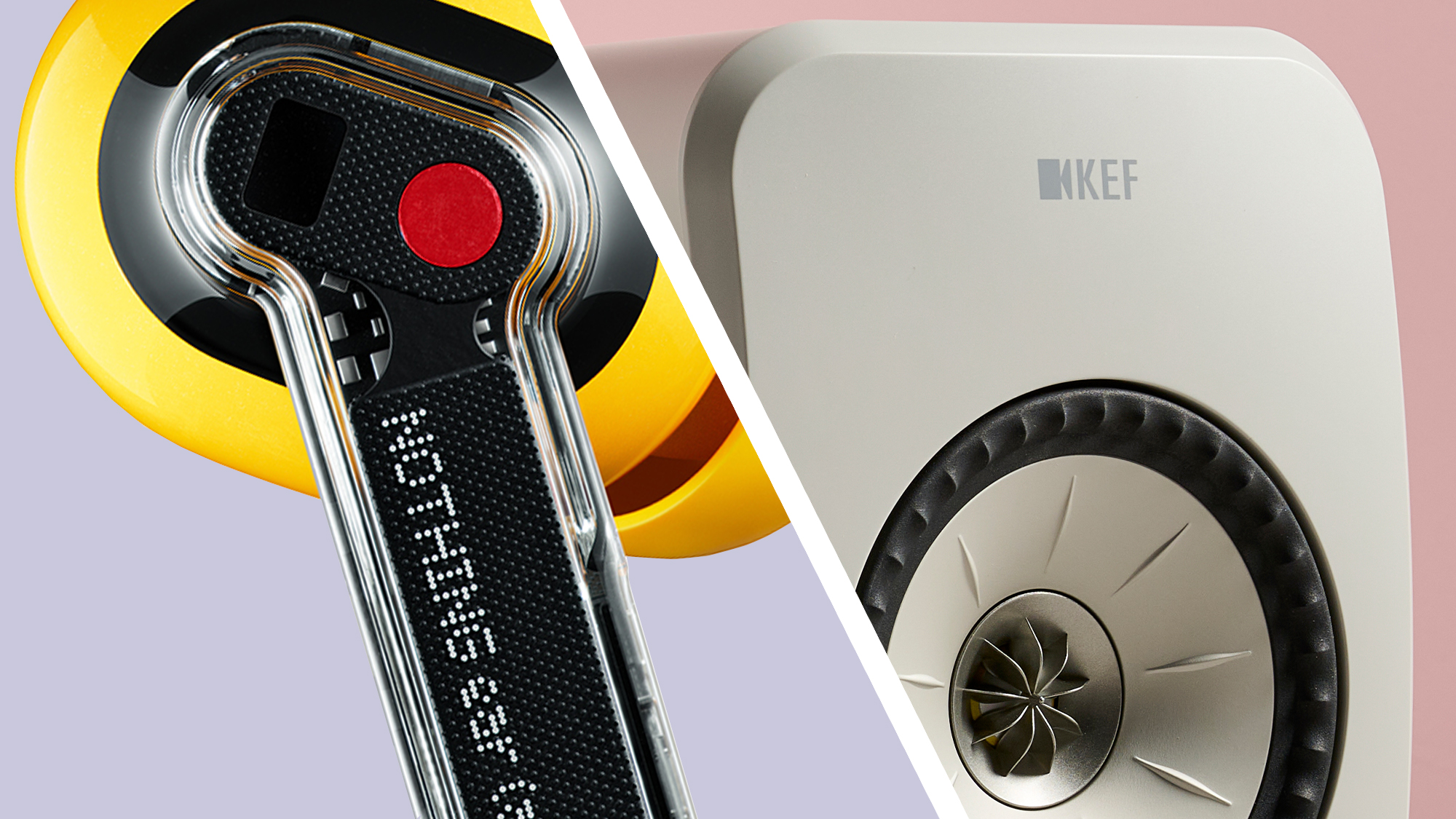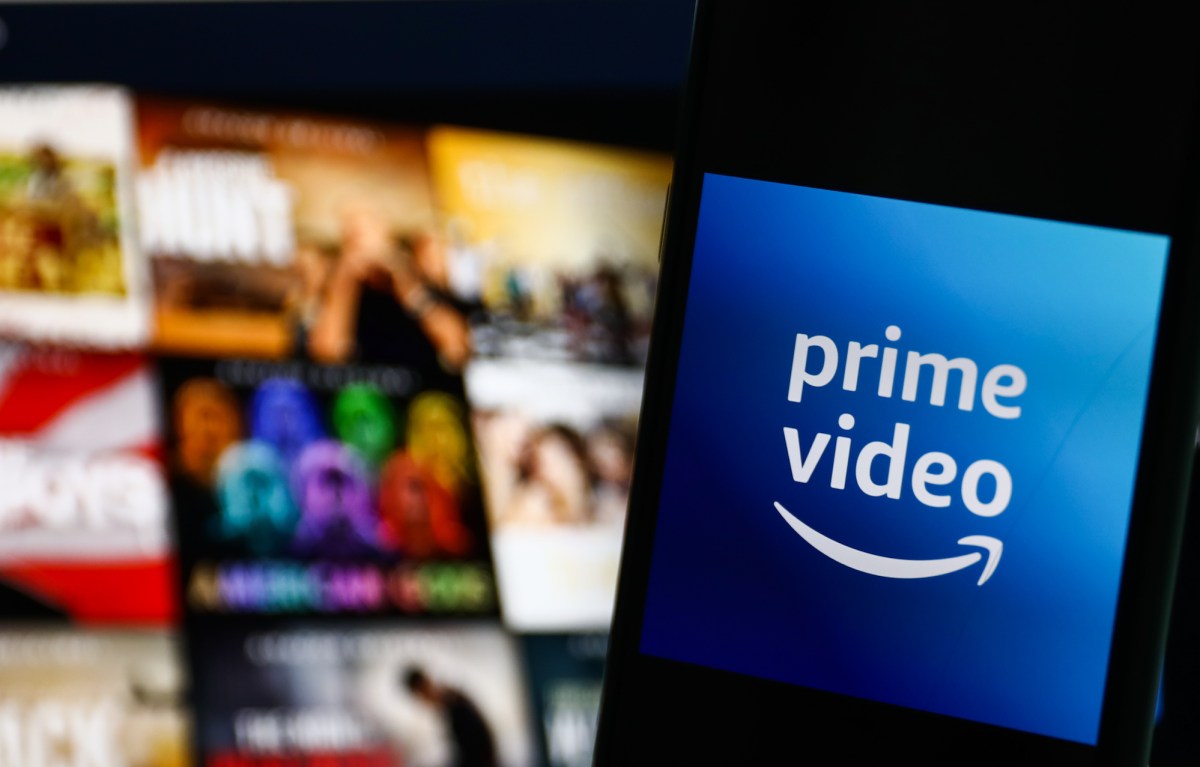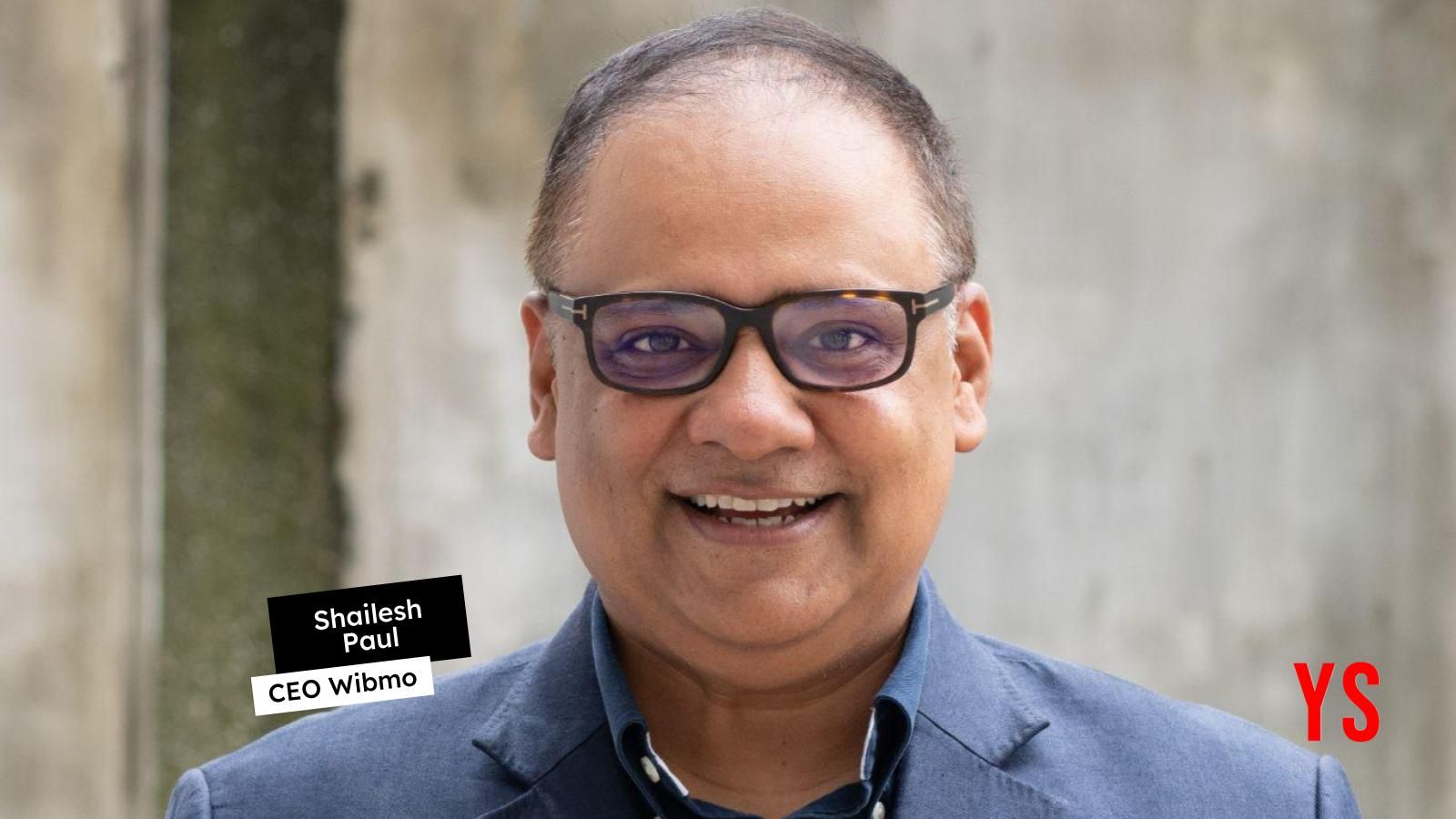Budgeting Beyond Basics: How to Finally Take Control of Your Money
Budgeting has long carried the unfortunate reputation of being restrictive, tedious, or only useful for hyper-organized finance...


Budgeting has long carried the unfortunate reputation of being restrictive, tedious, or only useful for hyper-organized finance nerds. But in reality, budgeting isn't about cutting joy from your life — it's about gaining clarity, purpose, and control. When done right, it's one of the most powerful acts of self-care you can offer your future self.
This isn’t a typical “stop buying coffee” listicle. Instead, it’s a comprehensive guide that unpacks the deeper emotional roots of financial behavior, explores modern tools like AI, and outlines practical systems like the YNAB method to help readers break free from the paycheck-to-paycheck cycle.
If you’ve ever felt budgeting just doesn’t work for you — keep reading. The problem isn’t you. It’s the outdated approach to money management we’ve been taught.
Let’s Start with This Truth: Budgeting Is Emotional
Budgeting isn’t just about numbers. It’s also about psychology. Many people experience guilt, shame, or even avoidance when facing their finances. These emotional patterns often stem from what's known as "money scripts" — belief systems picked up during childhood or from societal influences.
Examples include:
- “Money is the root of all evil.”
- “There’s no point in planning because life always throws a curveball.”
- “Everyone’s in debt, so it must be normal.”
- “Talking about money is selfish or uncomfortable.”
Understanding your own money mindset is the first step toward building a healthier relationship with your finances. Budgeting isn’t just a tool for saving — it’s a mirror that reflects your values, anxieties, and priorities.
The Four Rules That Will Reshape Your Budgeting Game
One popular methodology based on modern budgeting practices is rooted in four core rules. These aren't just tips — they're a mindset shift. Let’s break them down.
Rule 1: Give Every Penny a Job
Rather than letting money sit vaguely in your account until it disappears, assign every unit of currency a specific task — whether that’s rent, groceries, savings, or guilt-free spending.
This approach replaces financial ambiguity with clarity. It’s not about spending less — it’s about spending with intention.
Financial tip: Start with the money you currently have, not what you expect to earn later. Your budget should always reflect your present reality.
Rule 2: Embrace Your True Expenses
Most people plan monthly, but life doesn’t operate on a 30-day cycle. Annual subscriptions, car repairs, insurance premiums, and holiday gifts often get overlooked — until they blow up your finances.
The fix? Identify these irregular expenses and break them into manageable monthly chunks. That $1,200 annual car insurance bill becomes a $100 monthly line item. Future-you will thank you.
Budgeting for future expenses is like installing airbags in your financial vehicle — it cushions the blow when (not if) surprises come.
Rule 3: Roll With the Punches
Budgets are living documents. They are not set in stone. One month, you might plan to save for a vacation — the next, your phone screen cracks and needs urgent repair. That’s okay.
The third rule encourages flexibility. Shift money between categories as priorities change. This adaptability is what separates sustainable budgets from abandoned spreadsheets.
Stat to know: 68% of budgeters who quit within the first three months do so because they perceive deviation as failure. In reality, adjusting is part of the process.
Rule 4: Age Your Money
This rule is all about breaking the paycheck-to-paycheck cycle. Instead of spending this month’s paycheck on this month’s bills, aim to spend money that was earned at least 30 days ago.
Aged money = breathing room. It gives you time to plan, absorb shocks, and make better decisions without the panic of dwindling balances.
Think of it like a grain silo. In good months, you store. In lean months, you draw from your reserve — not from a credit card.
Budgeting for Freelancers, Creators, and Variable Incomes
For those with inconsistent earnings — freelancers, gig workers, creators — budgeting might feel impossible. But it’s actually more critical than ever.
Here’s the strategy: calculate your average monthly income based on the past 6–12 months, subtract 15–20% for safety, and budget using that conservative figure. When income spikes, use the surplus to build an emergency fund or “age your money.”
Remember: Variable income requires more planning, not less.
How to Build a Personalized, Sustainable Budget
Here’s a general budgeting structure to start with:
Fixed Essentials:
- Rent/Mortgage
- Utilities
- Phone/Internet
- Transportation
- Groceries
- Health Insurance
Priorities:
- Emergency fund
- Debt payments
- High-impact savings (e.g., home, laptop, travel)
- Retirement or investment contributions
Lifestyle & Emotional Well-being:
- Eating out or coffee with friends
- Entertainment subscriptions (Spotify, Netflix, etc.)
- Courses or personal development
- Travel & experiences
What’s “essential” will vary. For someone who’s self-employed and isolated, regular meals with friends may be a lifeline. For others, it might be fitness classes or therapy. The goal is not deprivation — it’s alignment.
Use AI as Your Budgeting Co-Pilot
In 2025, budgeting without AI is like navigating a road trip without GPS. Use AI-powered tools to to:
- Categorize spending automatically
- Forecast upcoming expenses
- Suggest personalized savings goals
- Analyze patterns from your statements
- Answer questions like, “What’s the average utility bill in my area?”
The right tools turn budgeting from overwhelming to empowering.
Normalize the Wake-Up Call: The “Oh No, I Spend WHAT?” Moment
Reviewing your bank statements can be jarring. Maybe you didn’t realize you spent 9500 Rupees last month on takeout. Or that you had five forgotten subscriptions draining your account.
This is normal. It’s not failure — it’s your starting point. From there, you can tweak, reallocate, and create a version of your finances that serves you better.
Budgeting Isn’t About Guilt. It’s About Awareness.
Don’t treat budgeting as a punishment. Think of it as permission: to spend, to save, to dream. Guilt has no place in a productive budget.
Start small. Budget what you can. Add “fun money” to your plan. Cancel the random AppleCare subscriptions you forgot about. Prioritize joy as well as responsibility.
The point isn’t perfection — it’s progress.
Final Thought: Budgeting is an Act of Self-Trust
At its core, budgeting is saying to your future self, “I’m thinking about you.” It’s how you build resilience, freedom, and peace of mind. Whether you're climbing out of debt, saving for something meaningful, or just trying to sleep better at night — budgeting is your toolkit.
And in a world full of uncertainty, that’s not just helpful. It’s powerful.
So build a budget. Roll with the punches. Age your money. And yes, still buy the donut — just make sure it has a job in your financial plan.

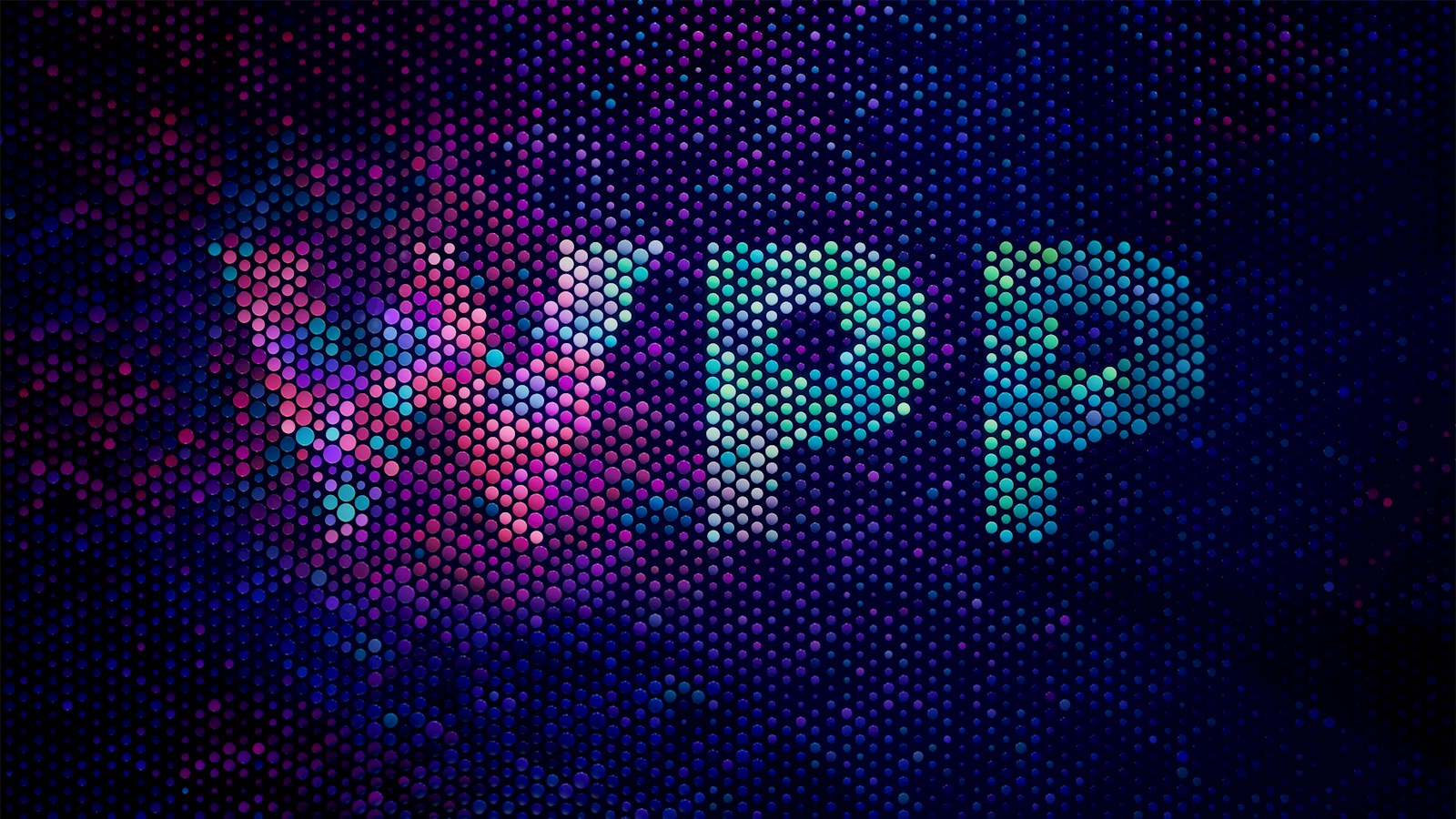


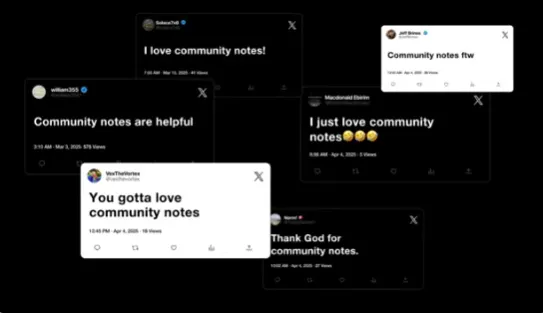

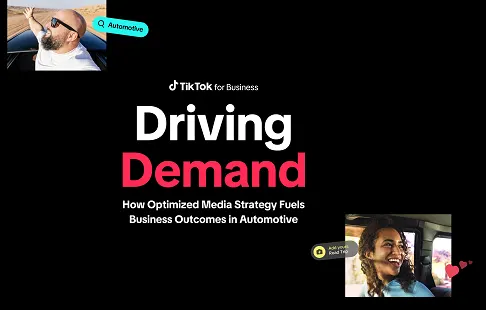
![8 Marketing Principles You Wish You Knew From the Start [Infographic]](https://imgproxy.divecdn.com/IrFUUizSVZJGsPem_wXXddL_nQGNvo8QImauGCOQCxo/g:ce/rs:fit:770:435/Z3M6Ly9kaXZlc2l0ZS1zdG9yYWdlL2RpdmVpbWFnZS84X21hcmtldGluZ19wcmluY2lwbGVzX2luZm8yLnBuZw==.webp)



